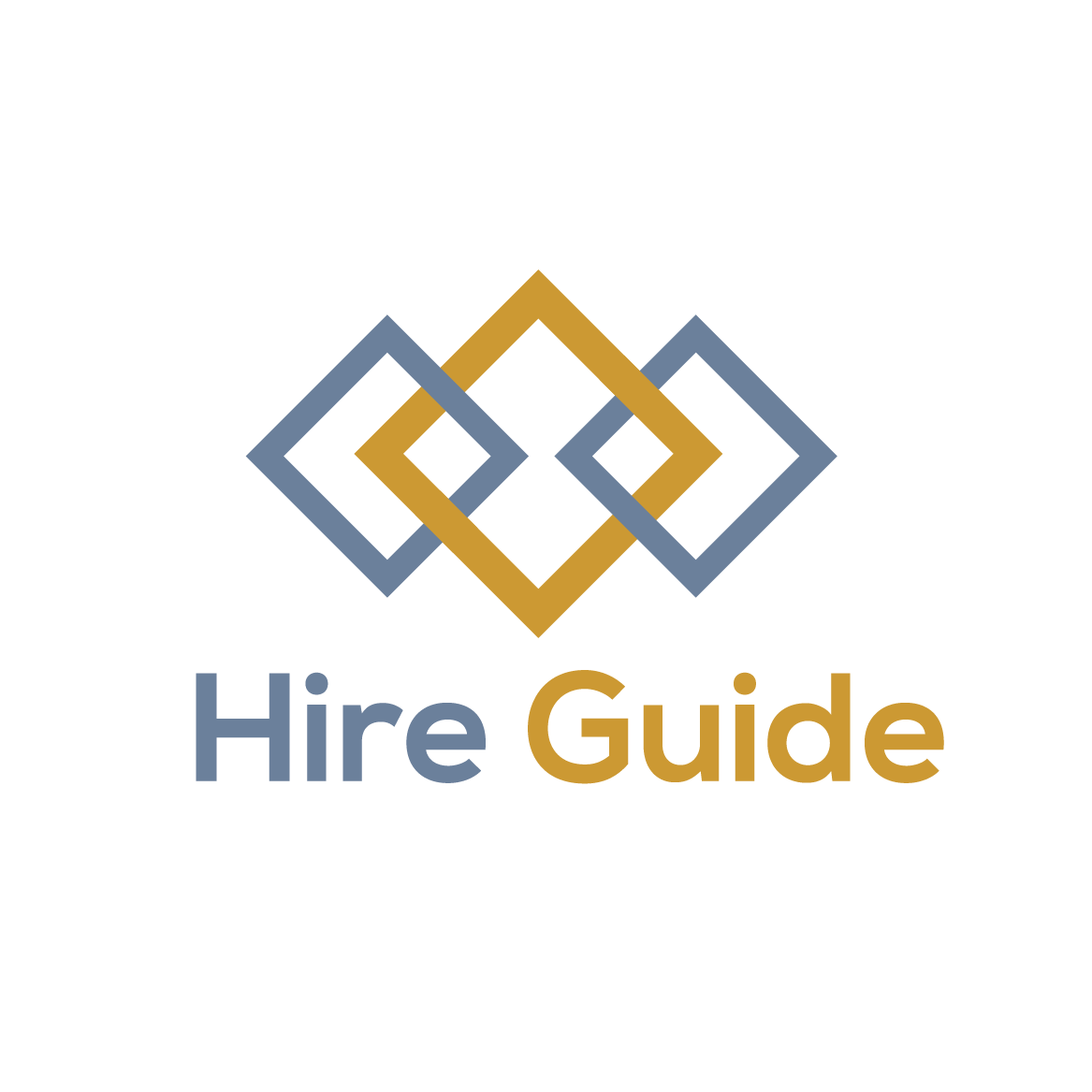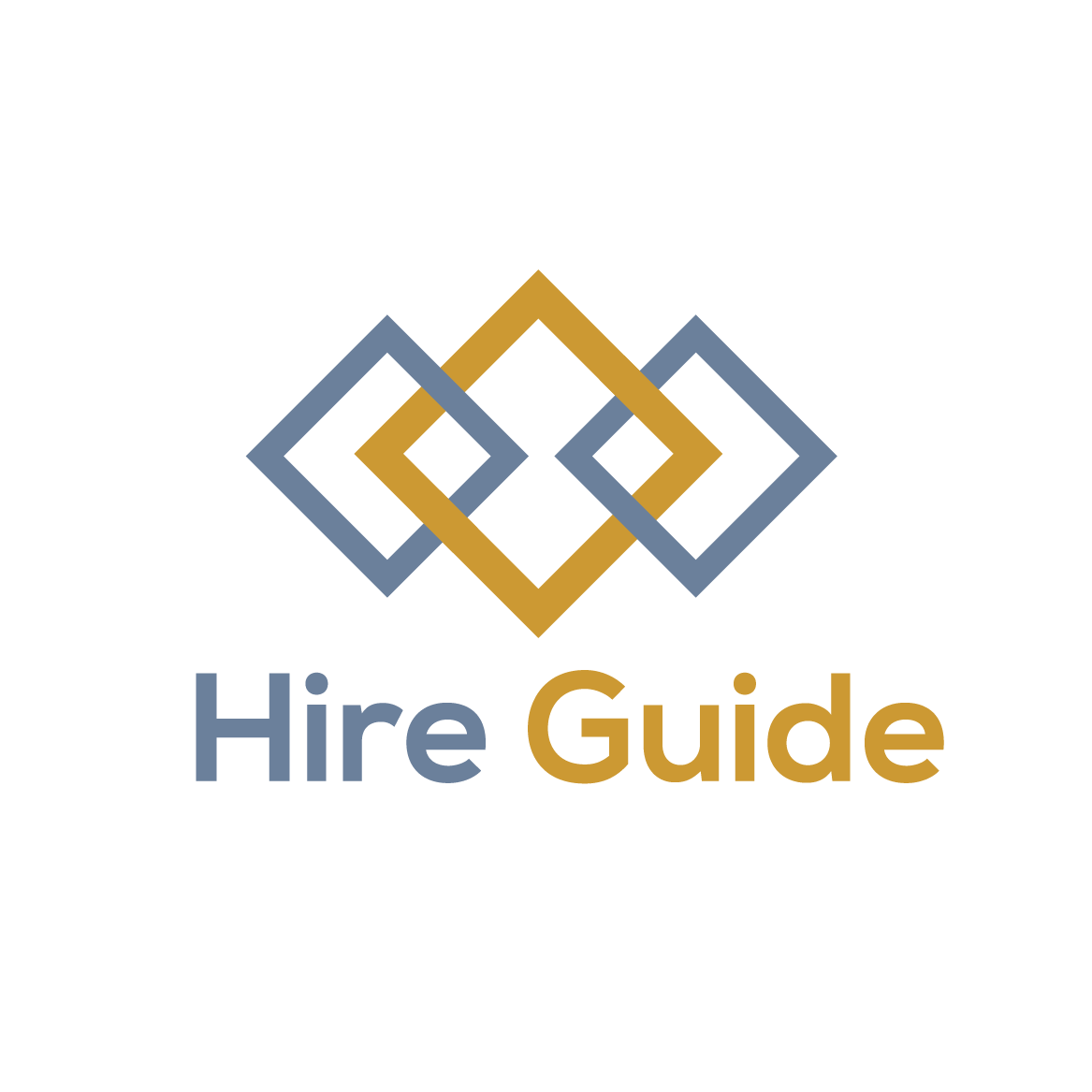The interview process is a unique opportunity to screen a potential employer. We tend to focus so much on making a great impression that very few take advantage of this opportunity. This failure costs you a chance to gain valuable information that will make you a stronger candidate. It can also keep you from learning valuable information needed to make the best career decisions.
Lastly, failing to screen a potential employer makes you appear uninformed or disinterested to the interviewer.
To screen a potential employer you will need to prepare in advance
At some point nearly every interviewer will ask you if you have questions. You had better have some. Failing to ask thoughtful questions is a signal to the interviewer that you are not very interested. Or worse, that you aren’t sharp enough to formulate a good question.
Even if you are able to think quickly on your feet you don’t do your best thinking in an interview. Your presentation will be much cleaner if you have rehearsed. Your questions will also be more concise. Therefore, you should prepare your questions the same way you prepare for other parts of the interview.
Your opportunity to screen a potential employer will be limited. By all means, be ready to make the most of it.
On the spot
You may have questions pop up during your interview. Great! In any event, always allow the interviewer to remain in control. It is wise to hold your questions until the right opportunity to ask them. Relating a question to an earlier point in the conversation shows the interviewer that you were paying attention.
Intelligence Gathering
I wish I could tell you that the most qualified candidate always wins. Rather, the truth is that the best interviewers usually get the job. Great interviewers do a ton of research and preparation. They do not let a chance to gather intel pass.
You should always formulate questions that will get you information that you can use to gain an edge in the interview process. This is an opportunity to find out how many candidates they are considering. Or how much people earn in the job. You can learn what the interviewer is truly looking for. Because it’s not always the same as what is on the job description.
What are the most immediate things that need to be addressed?
How does this role support the primary goals of the company?
How long has this position existed?
Where do you see this company in the next few years?
Success Tips
You would be smart to ask questions relating to how to be successful. The interviewer can tell you what it takes to do well in the role. They also know the culture and history of the organization. They are in a great position to help you determine if this company is right for you.
As an added bonus your interviewer will appreciate that you are asking about how to do the job well. Remember that they are looking for clues about what kind of employee you will be. The right questions will show that you are willing to do what it takes to be a great employee.
What skills do the most successful employees in similar roles within the company posses?
Describe the expectations of this role in the first 12 months…
What do you consider the biggest challenge of this role?
Figure out what is most important to you
Make a list of what you want out of a job. Then prioritize the list. Some of the points you listed will be very important. Some would be nice to have. Make sure you ask questions for the most important points. Don’t squander your opportunity by asking about things that are unimportant to you.
Benefits
Is healthcare a primary concern for you? Maybe you need more than 2 weeks of vacation time. Is a strong 401K match important?
Unless you have a special circumstance, don’t burn up a lot of time with your interviewer getting into the derails of their benefits. It’s much simpler to request documentation of the company’s benefits package. This will allow you to use the face time for more important questions. It’ll also give you the opportunity to review the benefits in comfort at your own pace.
Growth Opportunity
For most people it is important to pick an job with a clear track for advancement and a company that promotes from within. Even if the job is fantastic you will probably be less enthusiastic about it after 5 years.
Interviews are a great opportunity to learn the typical career path of other employees. It’s also a window into the success of others. Understanding the trend from other hires can be a good indicator of what you will experience.
What is a typical career progression for someone starting in this role within your organization?
On average how long do employees remain in the role they were hired for before being promoted?
How will I be trained?
Is the incumbent still with the company? What are they doing?
Compensation
Be cautious with questions relating to compensation. Pay is a delicate subject when you screen a potential employer. Ask at the wrong time and you will appear money-focused. Every organization want employees to be motivated by more than just money.
In almost every case you will be better off to let the interviewer bring the topic up first. You should make your best effort to let the interviewer tell you what the job pays. Only then should you share what you you are seeking.
What is the typical starting pay for someone in this role?
Who evaluates my performance? How often? How are raises determined?
Including commissions and/or bonus what should I expect to earn in my first full year in this job?
Work environment / Culture
We spend 2,080 hours per year at work. Enjoying your job and the people you work with is important. Does the culture and working environment match your personality? Something you are uneasy about in an interview will drive you insane after thousands of hours. Your interview may be the only chance you have to see the work environment. Therefore, you will have to rely on asking good questions to screen a potential employer by its culture.
Describe a typical day.
Why did you choose to work here?
What gets you most excited about the company’s future?
Be a closer
Employers want to hire people who are enthusiastic about the opportunity. Ask the right questions and you will send a clear message that you want the job. You can also show the interviewer that you know how to get things done.
Is there anything about my background that makes you question whether I am a good fit for this role?
Based on this interview are you prepared to offer me the job today?
When do you expect to make a hiring decision?
Interviewing is a stressful and exciting event. It is also a unique opportunity to gather information that will help you to screen a potential employer. Use the information you gather to be an even better candidate. Also use it to evaluate the employer and make sure they can support your career goals.
These questions will help you screen a potential employer. The list is certainly not all-inclusive but they should give you some great direction for your specific situation. I would love to hear your favorite question to ask as a candidate. Send me a message about this or any other career related topic.





